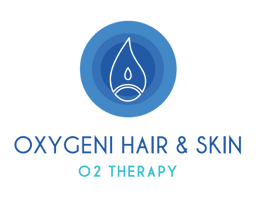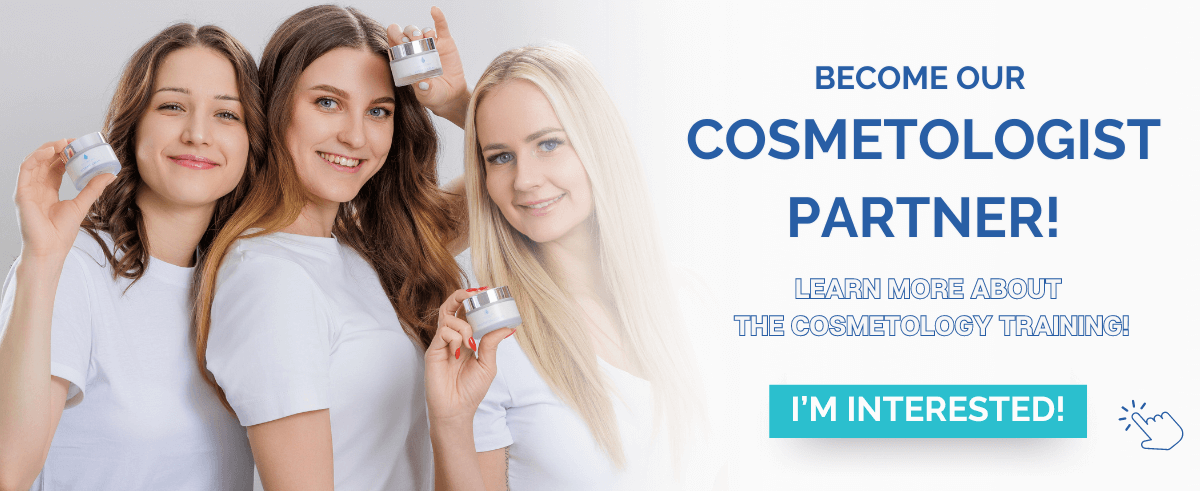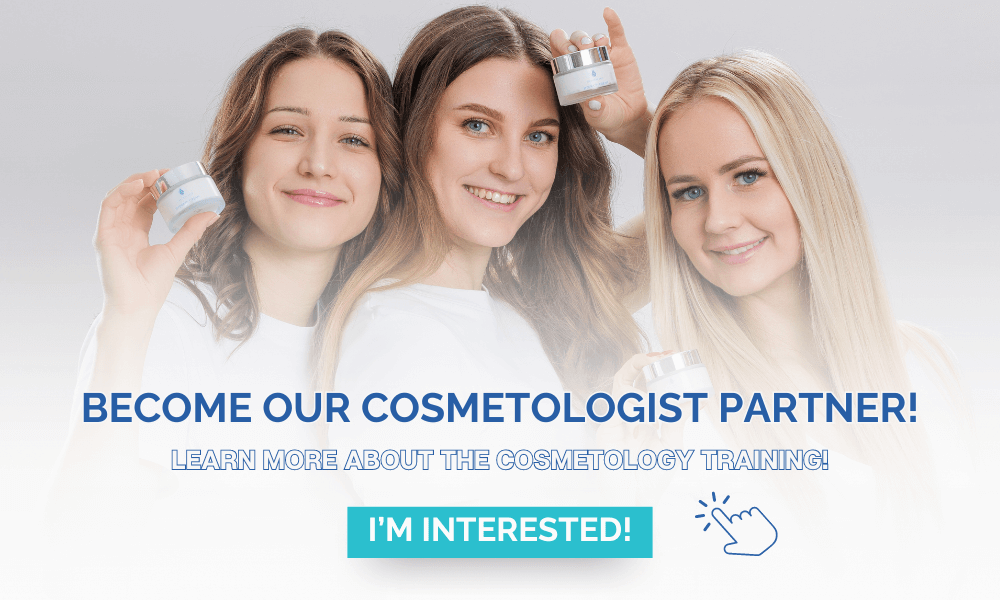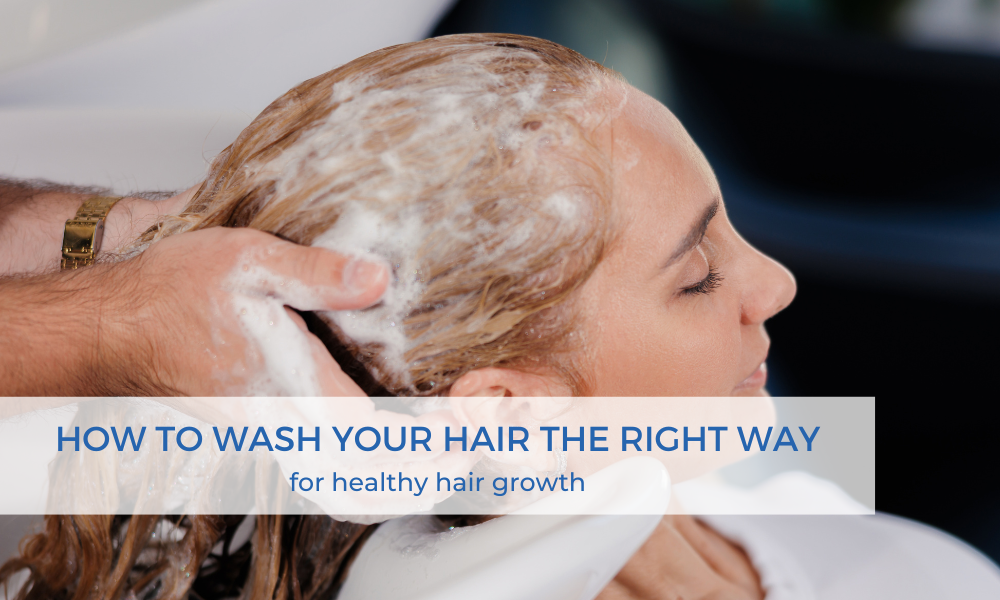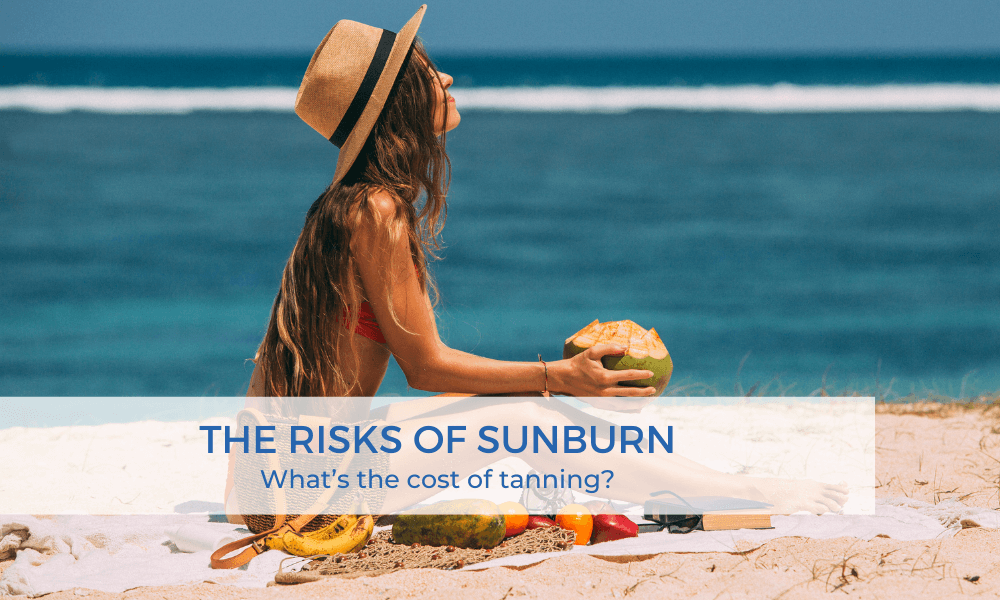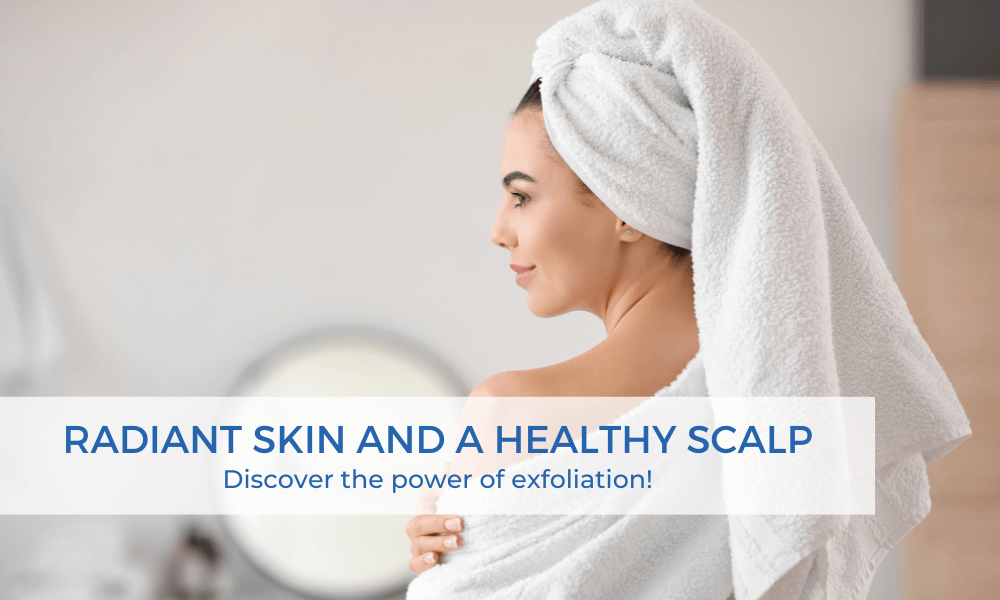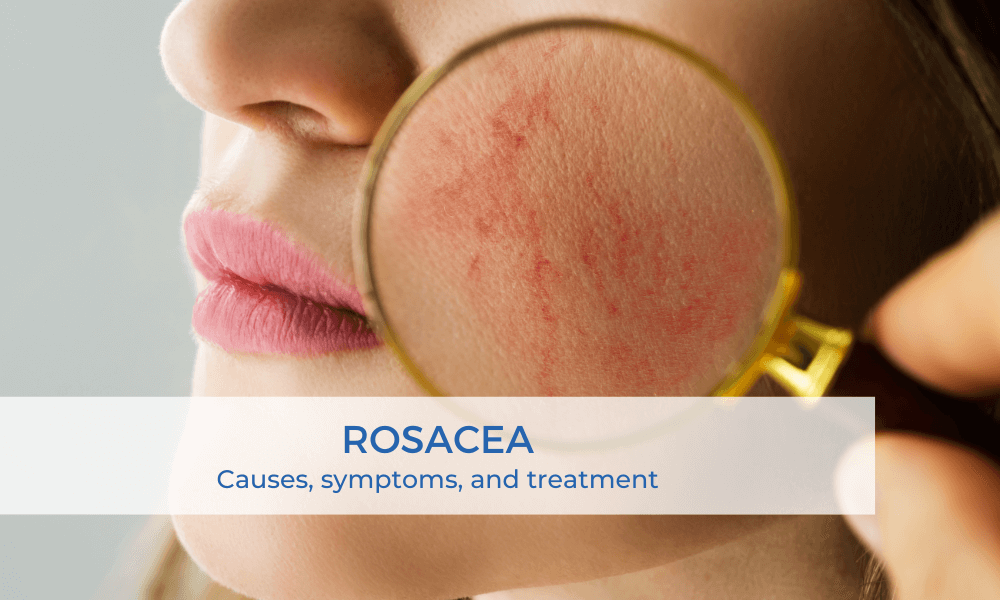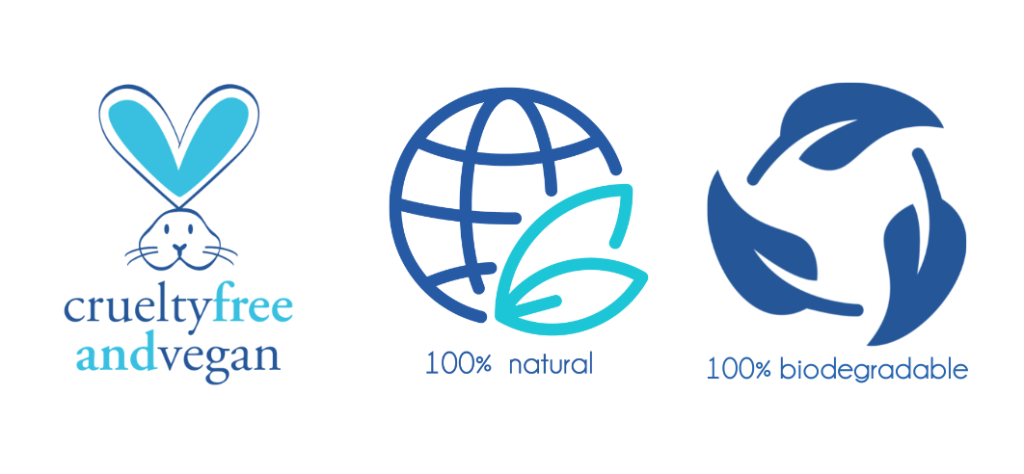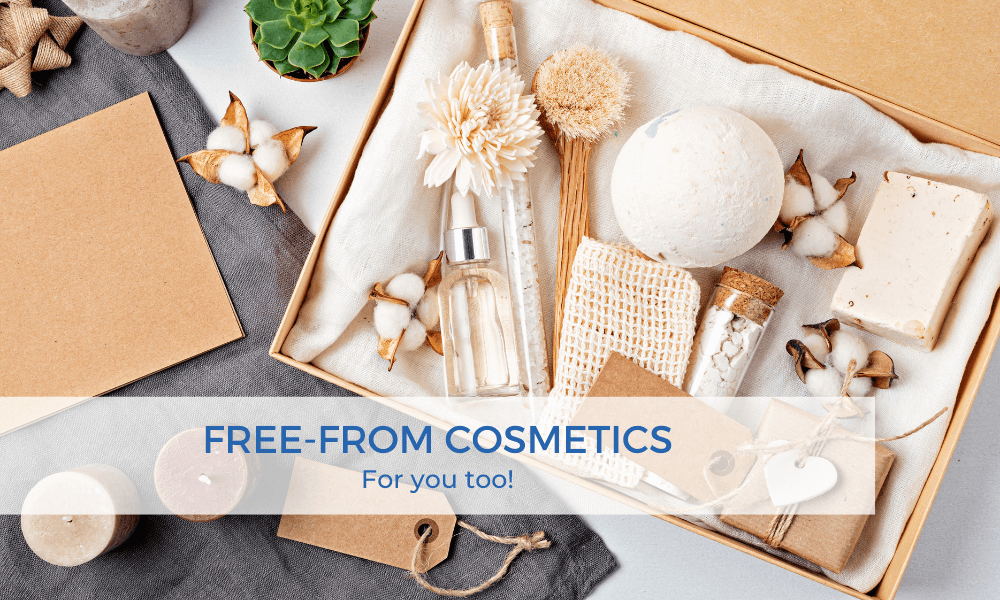
FREE-FROM COSMETICS 101
Nowadays, we often hear from our hairdresser, mother, or best friend that we should think twice about what we put on our hair and face, and if possible, avoid certain ingredients. The use of free-from cosmetics is gaining popularity in more and more areas of our lives, but what exactly are the ingredients that are good for us, and which ones are better left behind?
SLS and SLES Ingredients
Chances are, when you see these acronyms, you won’t immediately know what they mean unless you’re an expert. It’s no surprise that we often gloss over them without a second thought. However, the letters hide chemicals that are far from harmless. Specifically, sodium lauryl sulfate (SLS) and sodium laureth sulfate (SLES). Essentially, these are cleaning agents with grease-cutting properties, meaning they strip not only dirt but also the natural, healthy sebum from our scalp and hair, often causing irritation as a result.
Silicone: The Hair’s Sneaky Enemy?!
We’ve all experienced that post-wash moment when we look in the mirror or touch our hair, and it feels smooth, shiny, and silky. This is why silicone is often called the “silent killer” of hair. Many believe that if their hair looks healthy on the outside, it must be just as healthy on the inside. But the truth is different. Silicone smooths the hair’s surface, but the layer it forms prevents moisture and essential nutrients from penetrating the hair strands. As a result, those who use silicone-based shampoos and conditioners find themselves in a vicious cycle. With every wash, a new silicone layer builds up on the hair, which becomes increasingly difficult to wash out over time.
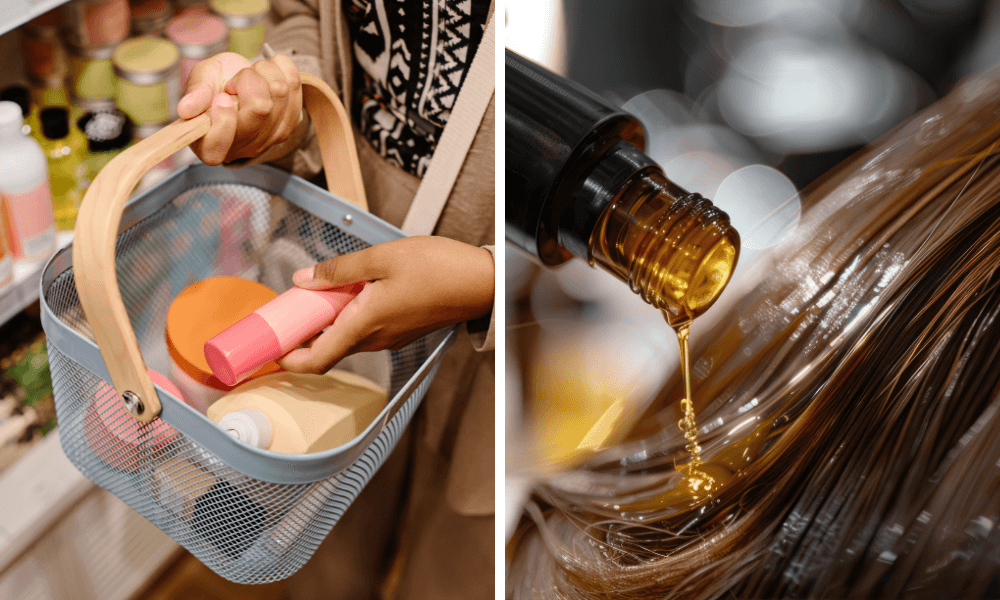
Paraben Panic
When examining the ingredients in free-from cosmetics, parabens often become a topic of debate. First, let’s clarify what parabens actually are: stable, non-volatile compounds that appear as colorless or white tiny crystals. They are usually odorless or have only a very faint smell. Their primary function is to preserve creams and shampoos and protect users from infections. The controversial aspect of parabens lies in the suspicion that they may contribute to the development of cancer. However, this claim was later refuted, with studies showing that the amount used in cosmetic products (0.4%) does not pose any health risks.
If hair care products with such ingredients aren’t recommended, what should I use instead?
The golden rule often heard is: Put on your hair and skin only what you’d be willing to eat! It’s crucial to choose products made from ingredients that can also be “found in the kitchen”, rather than relying on chemicals. Examples include aloe vera, cucumber, and plant-based oils (such as castor, sunflower, or grapeseed oil), which naturally nourish the hair and scalp. What’s more, these are inherently clean cosmetics, as their beneficial properties can be experienced on the body, face, and hair alike.
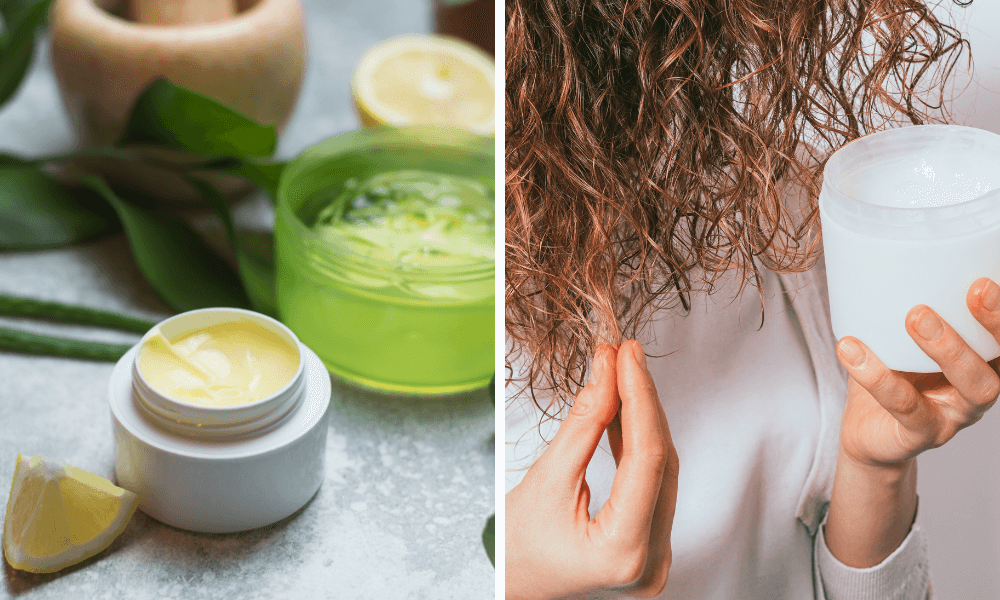
The philosophy of Oxygeni Hair & Skin embraces naturalness and is committed to supporting clean cosmetics free from harmful substances, as well as environmentally friendly products. Oxygeni Hair & Skin products contain only natural active ingredients, extracted from premium-quality raw materials sourced from certified farms. We believe that products with natural active ingredients are the most effective way to care for the health of your hair and scalp. Discover the perfect product for you while also protecting the planet. Choose free-from cosmetics!
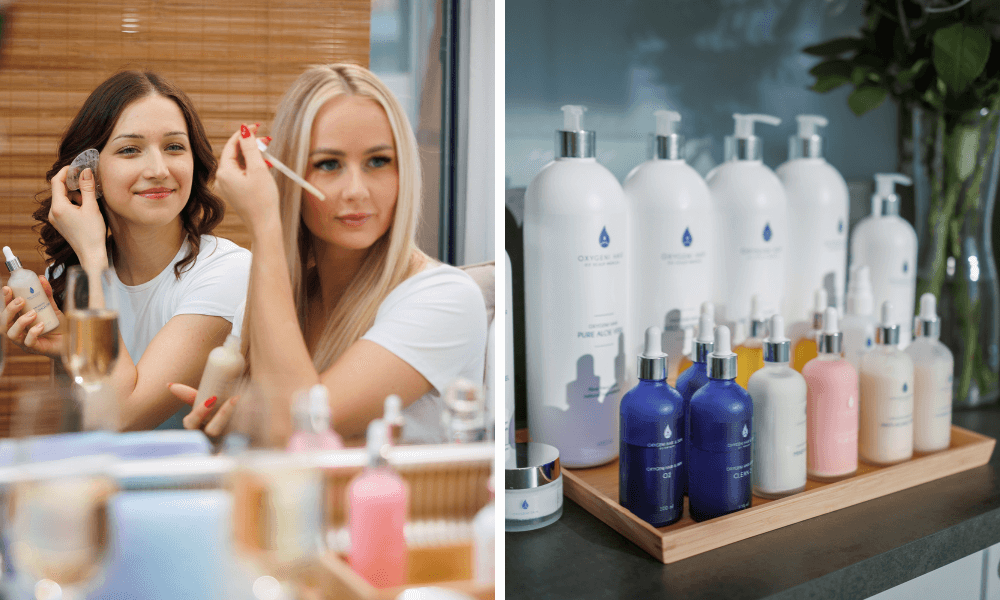
Be mindful when selecting products from the shelves of drugstores. Opt only for items that come from trustworthy sources and have ingredient lists you don’t need to spend hours deciphering. If you want to switch to 100% natural, vegan, and eco-friendly products to promote the health of your hair, check out our webshop.
OXYGEN THERAPY AND OXYGENI HAIR PRODUCT REVIEWS
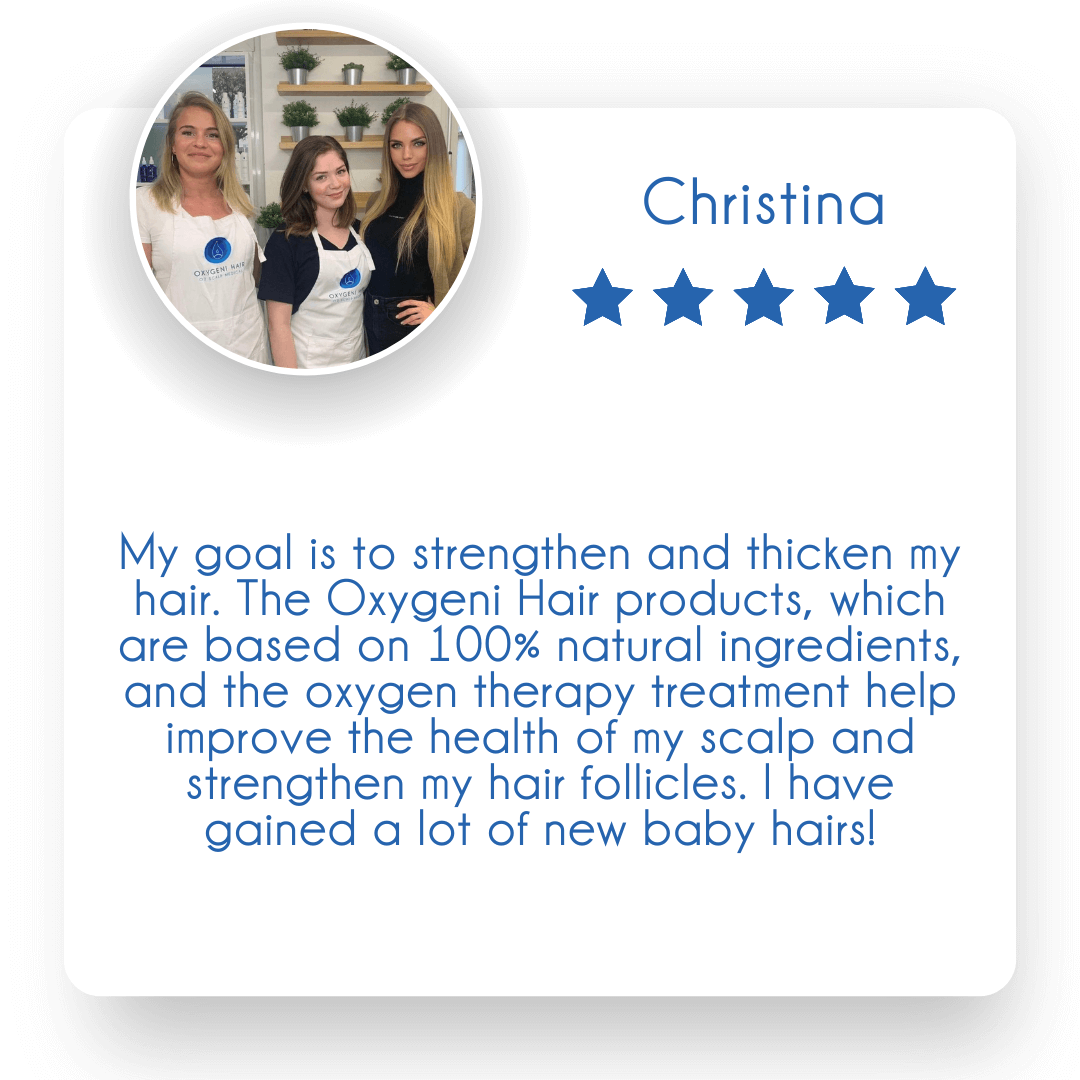

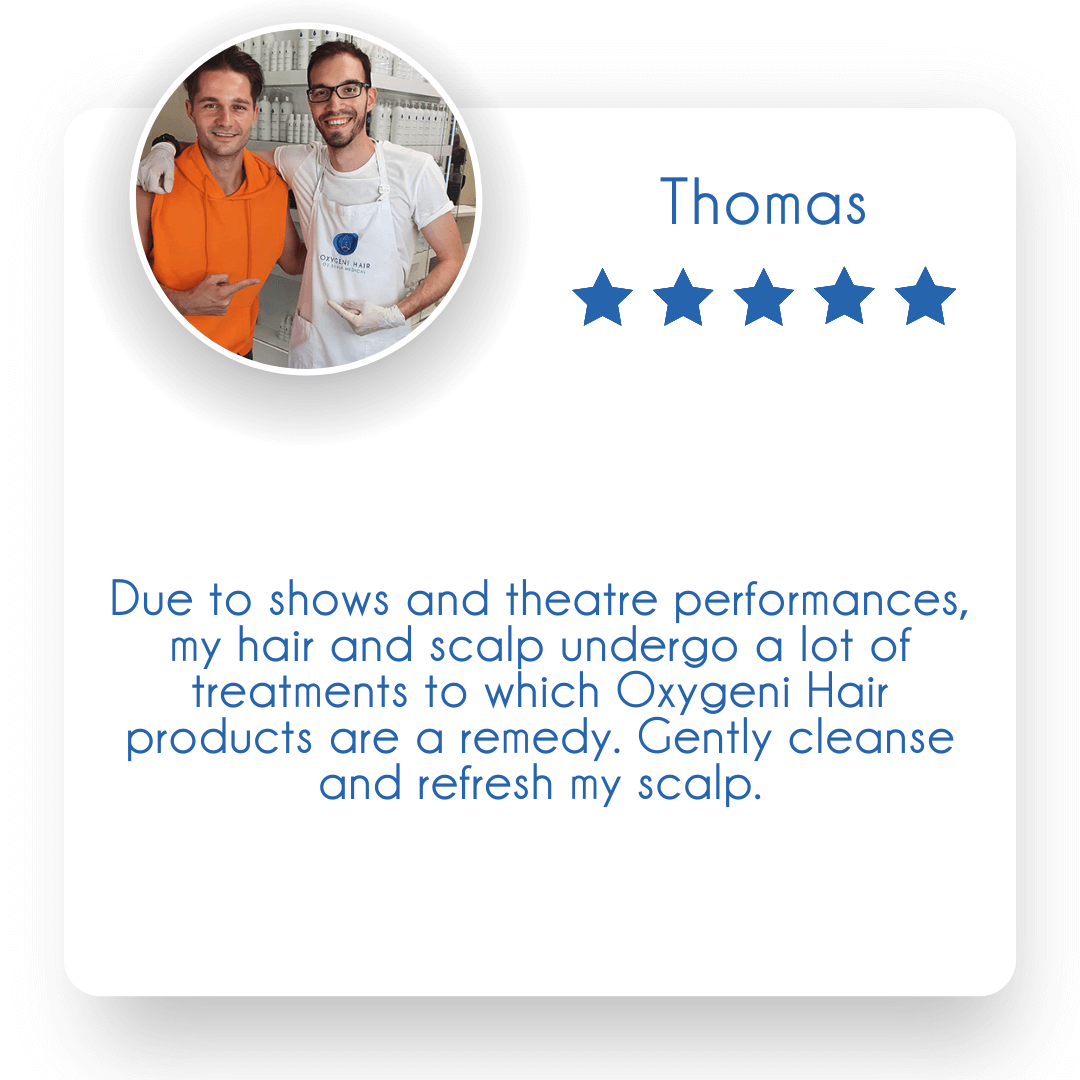
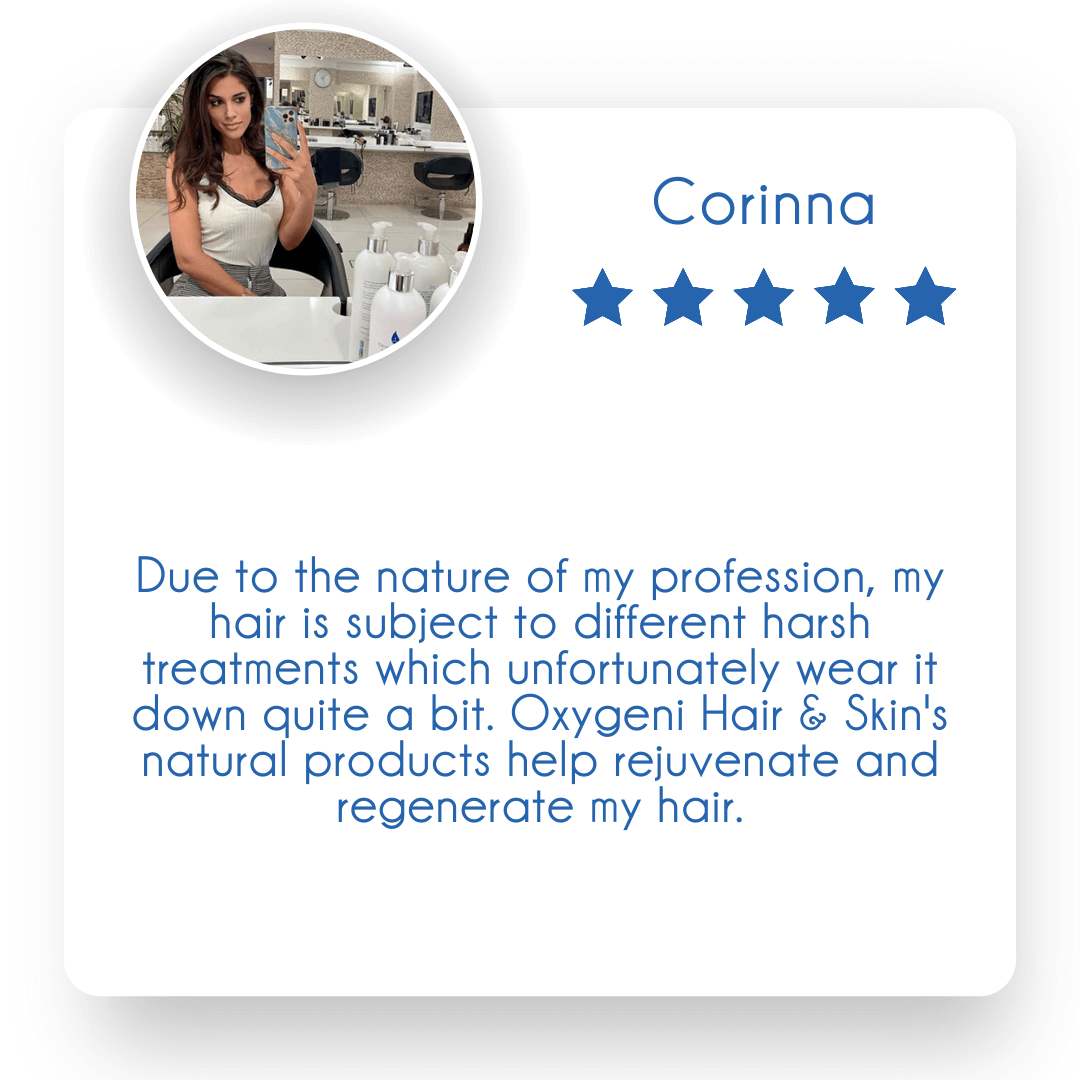
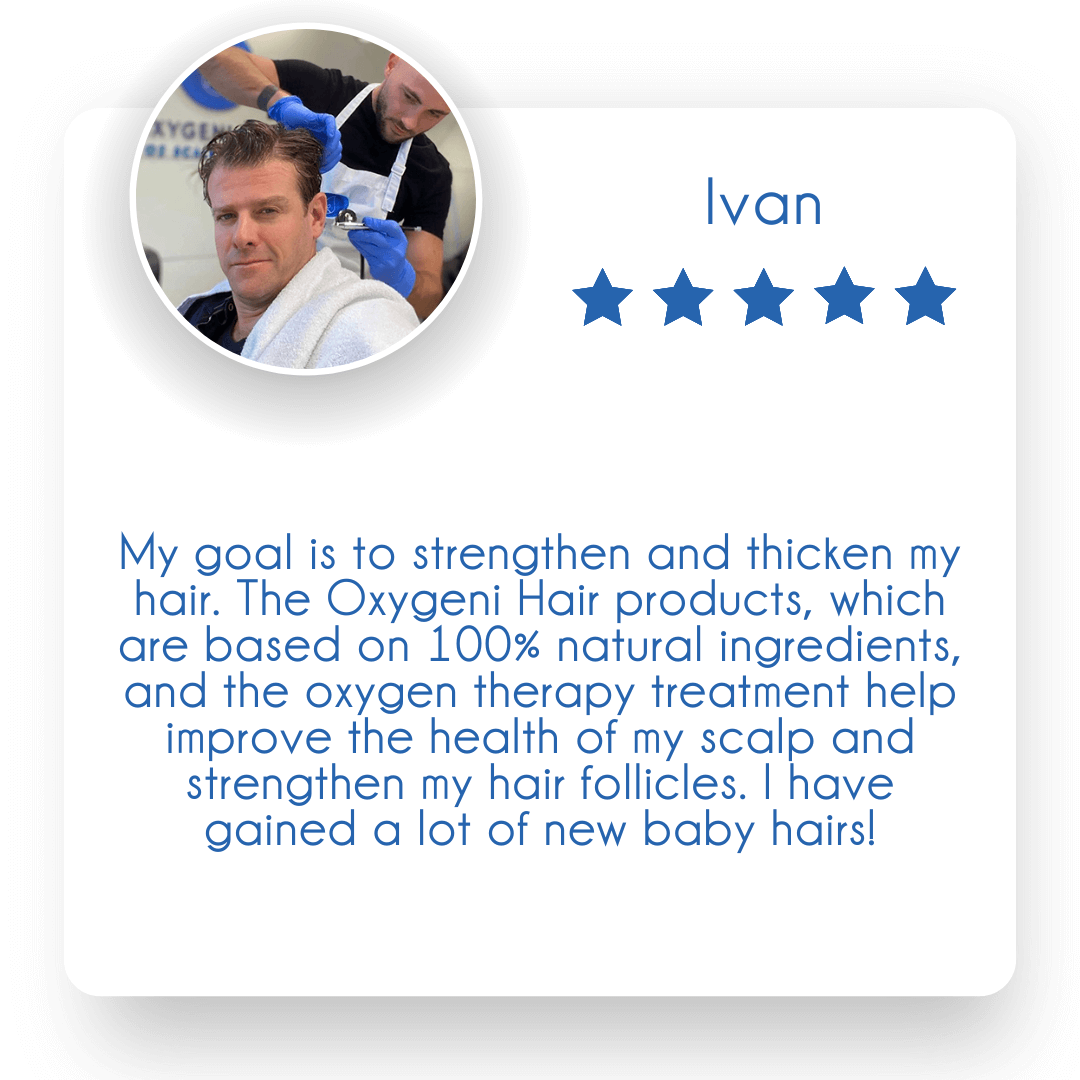
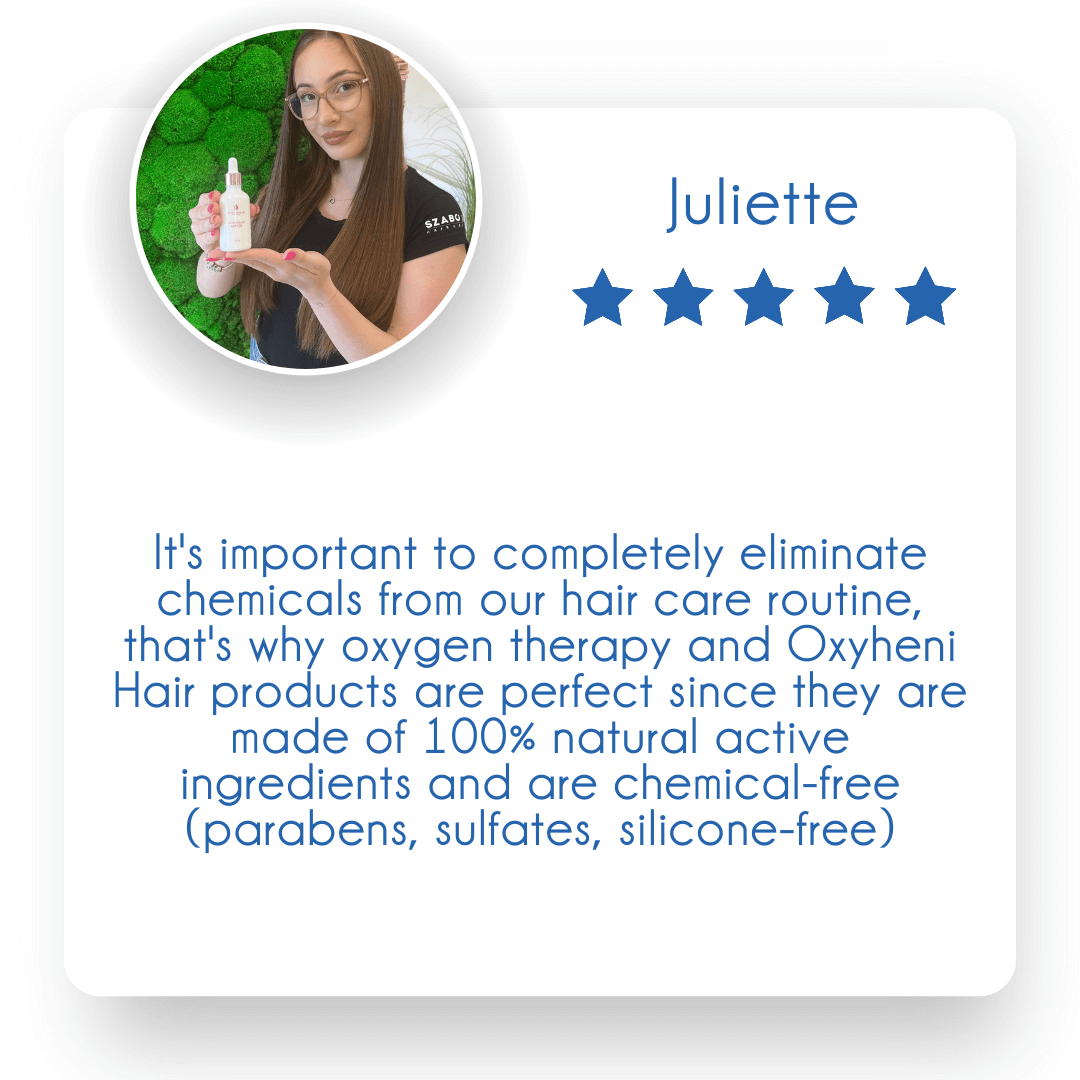
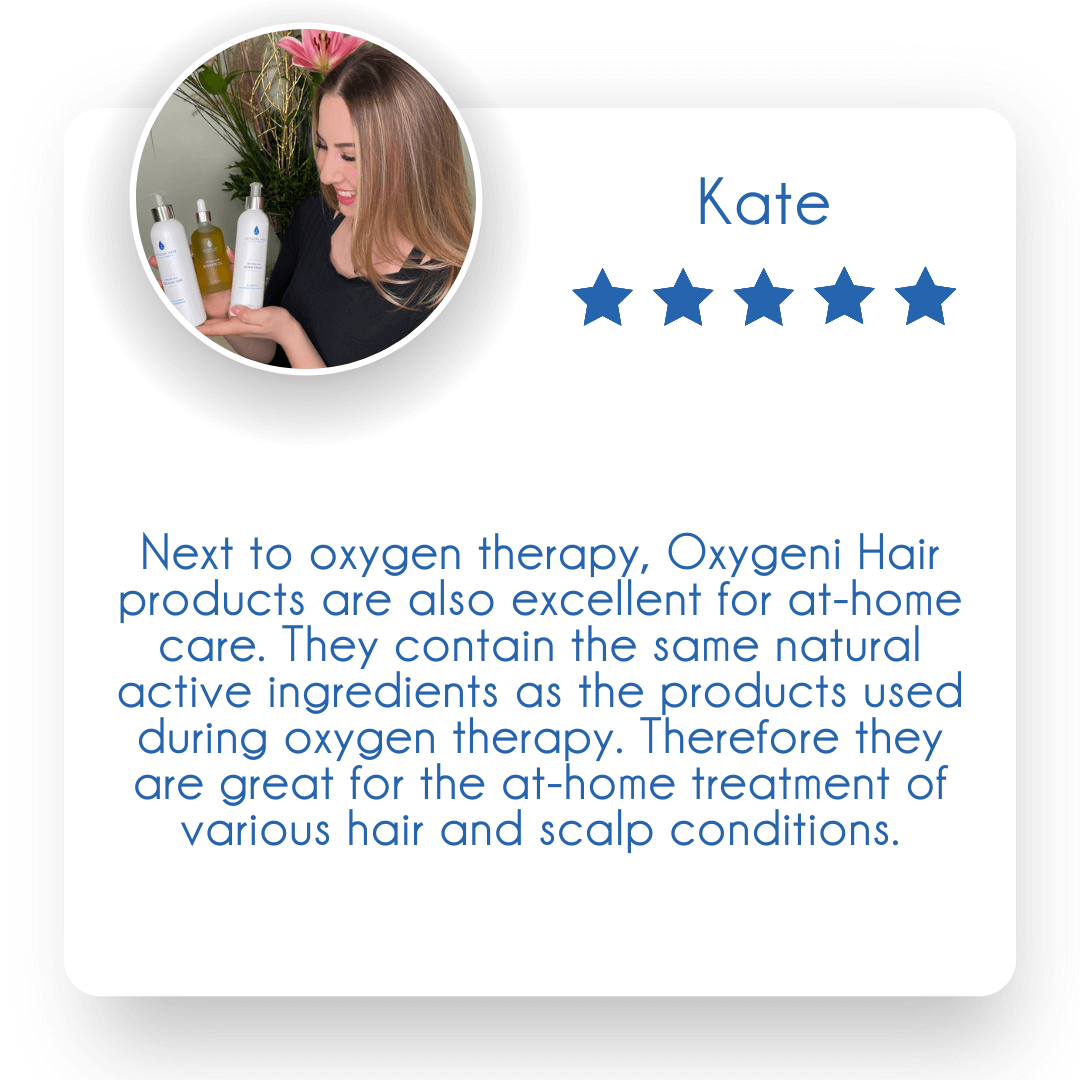
Follow us on our social media platforms!
